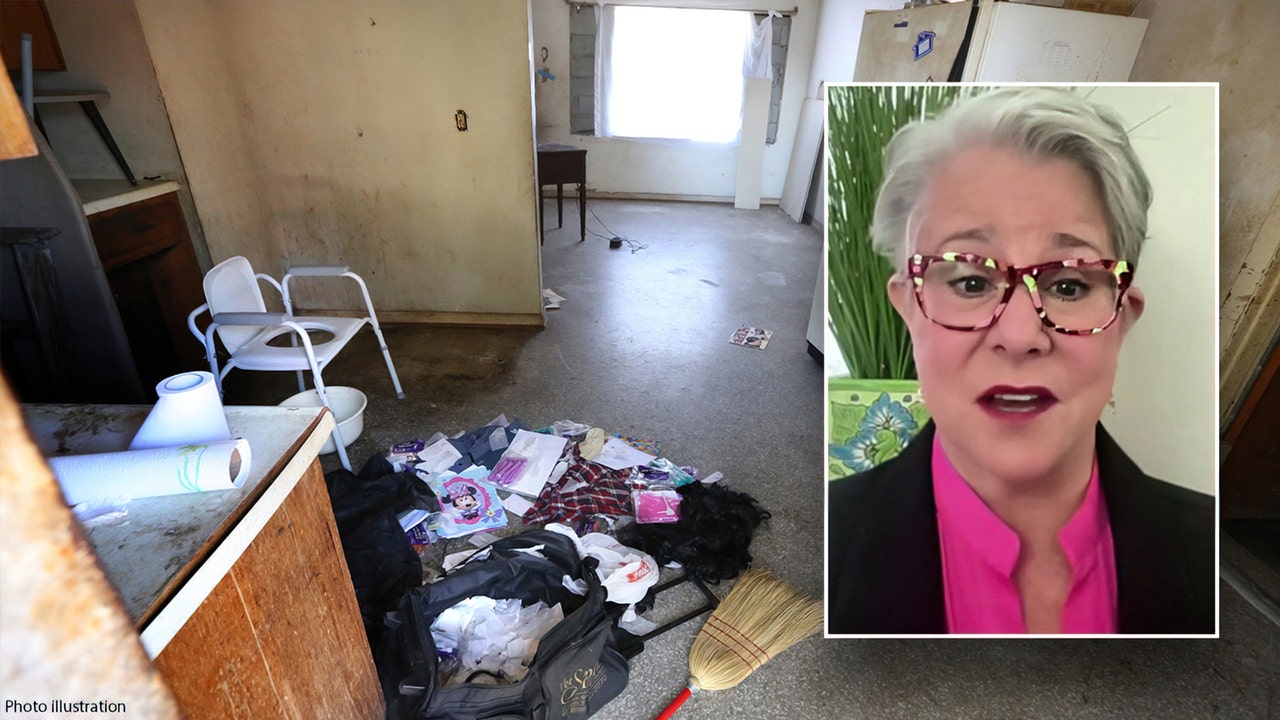- Joined
- Dec 20, 2009
- Messages
- 75,709
- Reaction score
- 39,986
- Location
- USofA
- Gender
- Male
- Political Leaning
- Conservative
Inspired by this story:
This particular case involved two squatters being eventually removed, and then a third individual creating a roadblock by claiming to be a tenant, at which point the police refused to help, and instead arrested the owner:
A New York City homeowner was arrested for unlawful eviction after arguing with squatters who, she says, stole her $1 million home last month.
The New York Police Department took Adele Andaloro, 47, into custody after she attempted to change the locks on her Queens property that she inherited following her parents’ deaths, ABC Eyewitness News reported Monday. The standoff between Andaloro and the squatters occurred on February 29.
In New York City, squatters can claim tenant rights after living on a property for 30 days. This tenant-protection law is much more generous than the one in New York’s statewide law, which requires squatters to remain on a property for ten years before gaining such rights. A squatter refers to any person who unlawfully occupies an uninhabited building without the landlord’s permission. Under New York City law, homeowners cannot change the locks, switch off utilities, or remove personal items belonging to their tenants from a property....
The New York Police Department took Adele Andaloro, 47, into custody after she attempted to change the locks on her Queens property that she inherited following her parents’ deaths, ABC Eyewitness News reported Monday. The standoff between Andaloro and the squatters occurred on February 29.
In New York City, squatters can claim tenant rights after living on a property for 30 days. This tenant-protection law is much more generous than the one in New York’s statewide law, which requires squatters to remain on a property for ten years before gaining such rights. A squatter refers to any person who unlawfully occupies an uninhabited building without the landlord’s permission. Under New York City law, homeowners cannot change the locks, switch off utilities, or remove personal items belonging to their tenants from a property....
This particular case involved two squatters being eventually removed, and then a third individual creating a roadblock by claiming to be a tenant, at which point the police refused to help, and instead arrested the owner:
She was told that the standoff is a landlord-tenant issue, meaning it has to be resolved in housing court rather than through the police. Andaloro indicated she would pursue an eviction filing in landlord-tenant court.
Brian Rodriguez, the allegedly legal tenant, said that is the only way to settle the dispute. “You got to go to court and send me to court,” he said. “Pay me the money and I’ll leave or send me to court.”
However, that might take longer than anticipated. According to the Rent Stabilization Association, resolving an eviction case filed in New York City takes an average of 20 months.....
Brian Rodriguez, the allegedly legal tenant, said that is the only way to settle the dispute. “You got to go to court and send me to court,” he said. “Pay me the money and I’ll leave or send me to court.”
However, that might take longer than anticipated. According to the Rent Stabilization Association, resolving an eviction case filed in New York City takes an average of 20 months.....

